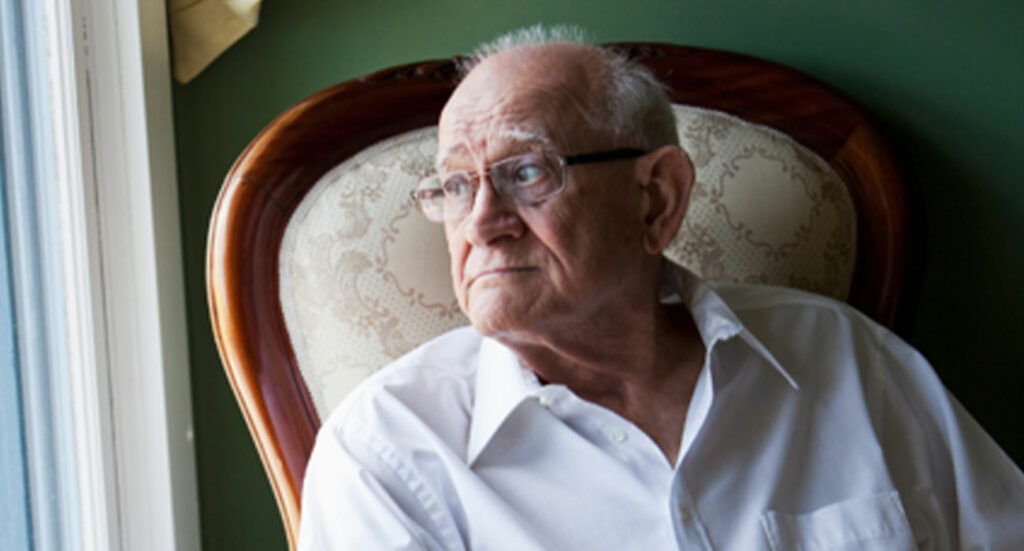Loneliness, unlike social isolation, is that ‘sense of suffering from being disconnected from other people’, which is different than social isolation which is simply not being around other people or not having close connections. Loneliness is increasing
There are ways to help older adults combat sensations of loneliness and social isolation and prevent negative mental and physical health consequences. Most importantly we are social creatures and part of what brings meaning to our life is to maintain and nurture those social connections.


